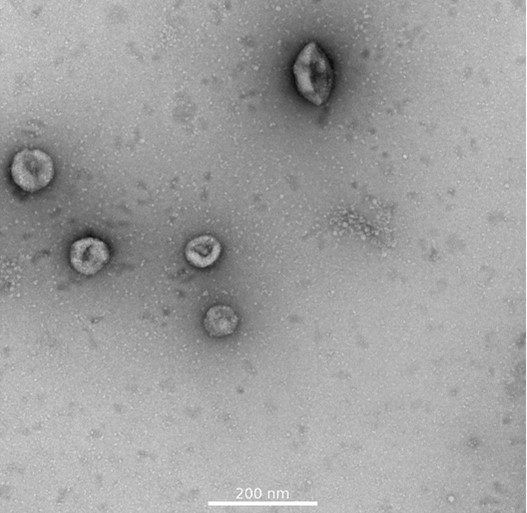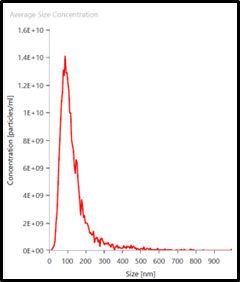This project investigates the signaling role and content of exosomes—specialized extracellular vesicles—produced by pancreatic beta cells. We are particularly focused on their signaling role in both normal physiology during glucose-induced insulin secretion and in pathological conditions linked to type 2 diabetes progression. We use pancreatic islets and a beta cell line as models in which we induce hyperglycemia by glucolipotoxic conditions mimicking the development of diabetes. Additionally, we will use beta cells where NADPH oxidase 4 is deleted. Its activity is important for efficient insulin efflux upon glucose stimulation (Plecita-Hlavata, L., et. al., 2020). In the case of its deficient function, insulin output is reduced, which is also one of the signs of advanced diabetes. Under these stress conditions, beta cells initiate signaling that involves exosomes, specifically through their miRNA and protein content. This study will further explore how exosomes from stressed beta cells influence the signaling pathways in healthy beta cells, providing insights into cellular communication during the development of diabetes.
Lydie Plecitá-Hlavatá, Martin Jabůrek, Blanka Holendová, Jan Tauber, Vojtěch Pavluch, Zuzana Berková, Monika Cahová, Katrin Schröder, Ralf P. Brandes, Detlef Siemen, Petr Ježek; Glucose-Stimulated Insulin Secretion Fundamentally Requires H2O2 Signaling by NADPH Oxidase 4. Diabetes 1 July 2020; 69 (7): 1341–1354. https://doi.org/10.2337/db19-1130

Fig.1 Visualization of isolated exosomes produced by pancreatic beta cells by transmission electron microscopy and their size determination by nanoparticle tracking analysis.

